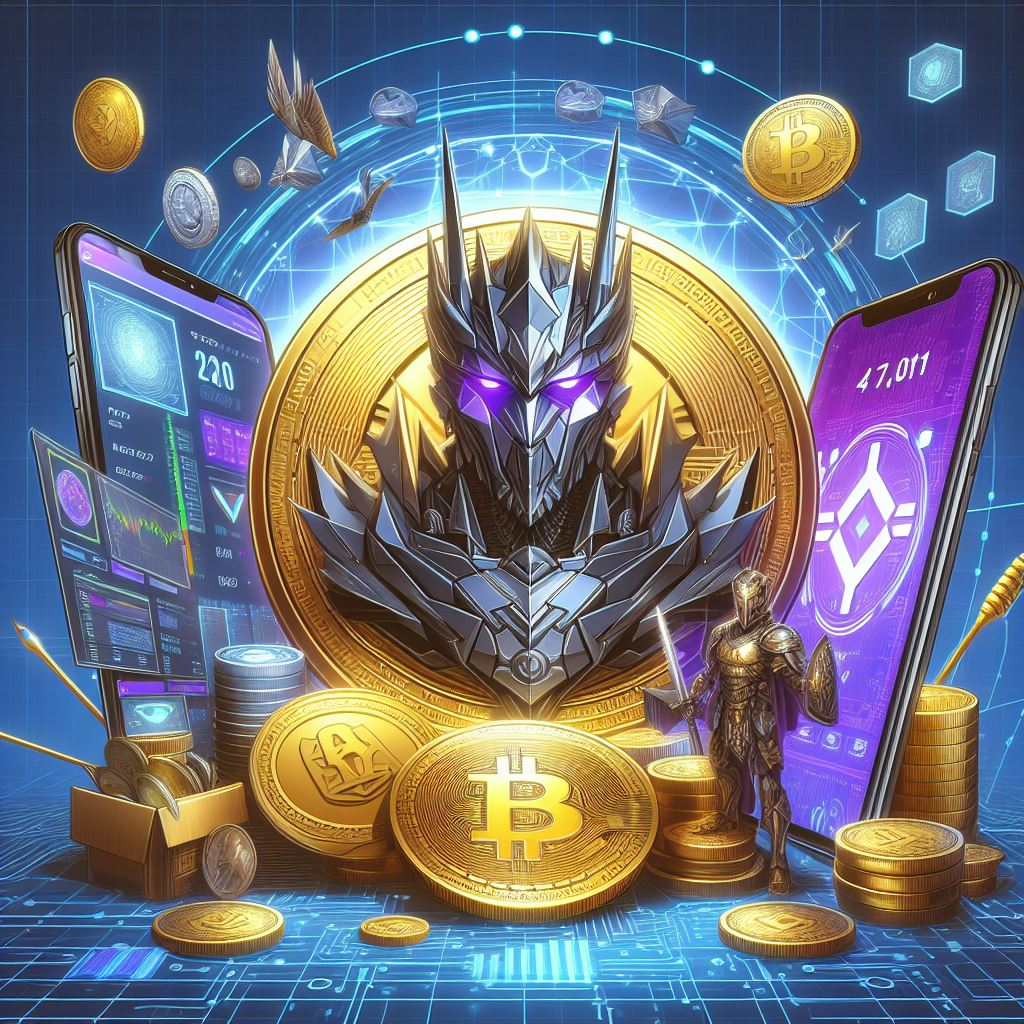**The End of Commercial Banks: A New Era of Central Banking**
In today’s financial world, commercial banks have long played a crucial role, offering services like loans, savings accounts, and financial advice. However, they’ve also been responsible for numerous bankruptcies and economic downturns. As we enter an era driven by advanced technologies like artificial intelligence, the need for commercial banks is rapidly declining. This shift points towards a future where only central banks manage a nation's banking system, leading to the eventual disappearance of commercial banks on a global scale.
The implications of this transition are significant. Central banks, already holding substantial influence over national economies, would become the sole operators of the financial system within their countries. This could create a more standardized and stable global financial environment, potentially akin to the petro-dollar agreements that have long governed international oil markets. Such agreements might even extend to conflict zones like Russia, Syria, Iraq, Iran, and Yemen, integrating these regions into a unified global inflation strategy.
As traditional jobs decline due to AI's rise, new income-generating opportunities will emerge. Governments or central banks may introduce games that allow individuals to set their hourly earnings through gameplay and investments in various in-game projects. This concept aligns with the current trends in gamification and digital economies, making it more feasible than it might initially seem.
Additionally, private sectors with significant gold reserves could issue stablecoins valued higher than the dollar. These private institutions could establish agreements with global central bank networks, ensuring their stablecoins maintain consistent value, similar to the dollar, euro, or bonds, and remain resistant to devaluation. These private currencies could be used as rewards in the aforementioned games, enabling individuals to determine their hourly income, potentially freeing them from the constraints of traditional dollar-based inflation.
On a broader scale, this shift could liberate people from the limitations of dollar-dictated inflation. Private financial institutions would unleash a wave of inflation that could potentially eradicate poverty, as no one would remain poor in such an environment. The monopoly of private commercial banks—often associated with corruption and exploitation of dollars, euros, and bonds—would be dismantled, paving the way for a new era of financial freedom and equality.
$SHIB





